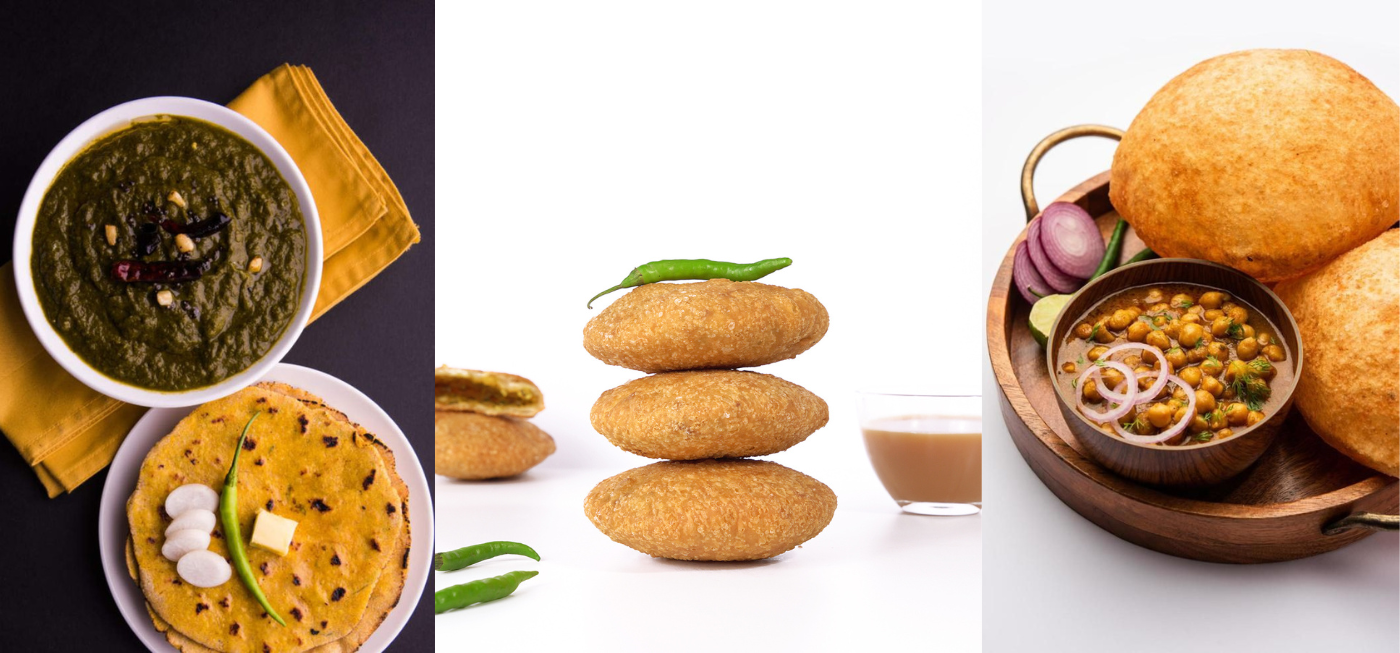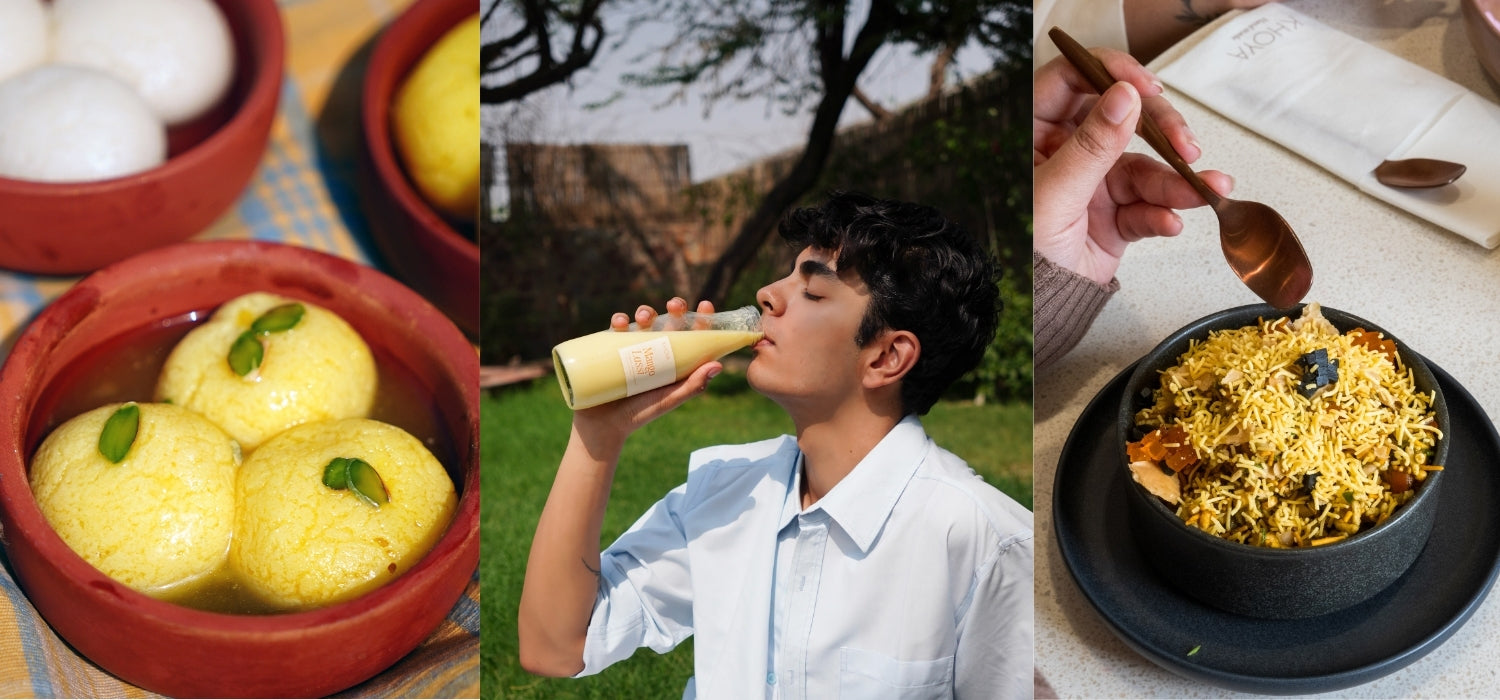
The Joy of Saturday Breakfast: A Family Ritual Etched in Crunch and Chutney
There’s something sacred about Saturday mornings in Indian homes—a slow, golden hush replaces the weekday frenzy, no school bells ringing, no morning meetings chasing the clock.
The sun filters through the windows a little softer, and somewhere in the kitchen, a familiar melody begins—the soft clanging of utensils, the rhythm of oil heating up, the faint crackle of something delicious frying.
It’s breakfast time—but not just any breakfast. It’s the weekend breakfast. A moment suspended in warmth, aromas, and shared laughter.
Why Saturday Breakfast Hits Different in India
Unlike hurried weekday mornings, where breakfast is often grabbed on the go, Saturday breakfast is an event. It’s the one morning when everyone is finally at the same table. The energy is unhurried, stories are longer, and laughter rings louder.
There’s chai brewing in a saucepan, someone’s requesting an extra dollop of ghee, and the dining table slowly becomes a mini storytelling stage—from school drama to office gossip to weekend plans. It's also a time when grand ideas often hatch between bites: "Let’s go for a drive after this", "Maybe we should plant something today", "How about we call Nani later?"
It’s not just about food. It’s about family, rituals, and memories in the making.
From Villages to High-Rises: India's Breakfast Palette
Whether you wake up in a bustling city or a sleepy town, breakfast in India is never just a meal — it’s a tradition, a mood, a memory in the making.
In rural homes, you might rise to the earthy fragrance of parathas sizzling on a clay stove, served with a generous smear of homemade white butter and a side of pickle passed down through generations. Head down South and the morning air hums with the hiss of dosa batter hitting hot tavas, the scent of idlis steaming, and the unmistakable call of “filter coffee ready!”
In the East, breakfast is a celebration in itself — think luchi with aloor torkari (a delicate golden cousin of bhature, smaller and crispier in texture, paired with potato curry, garnished with local spices) and a crunchy jalebi that turns every bite into a festival.
Travel to the West and you’ll find the comforting simplicity of poha or thepla, often packed with stories and spices that linger far beyond the plate.
In Punjab, it’s all about hearty flavours — makki di roti with sarson da saag dripping in ghee.
In Kerala, mornings begin with appam (spongy crepes made of sour rice batter) and a generous serving of vegetable stew. Venture into the hills of the Northeast, and you’ll find sticky rice with dry fish or bamboo shoot pickles, served steaming hot in leaf wraps.
And as global influences continue to mix with Indian kitchens, modern breakfast tables now make room for French toast, pancakes with jaggery syrup, smoothie bowls, and masala scrambled eggs on sourdough — Western in origin, but often desi at heart.
Yet across this rich mosaic of flavours, there’s one item that seems to speak to all — the Kachori. Crisp, spiced, and deeply satisfying, it’s the kind of breakfast that makes you slow down, sit back, and savour the weekend.
The Cult of the Kachori: A Northern Treasure with National Fame
If there’s one dish that captures the spirit of celebratory weekend breakfasts in North India, it’s the Aloo Pyaz Kachori. Crisp on the outside, spiced and warm on the inside, every bite is a celebration in itself.
Originally popularised in the food havens of Rajasthan and Delhi, the Kachori has found fans far and wide. Legend has it that the first Kachoris were served in the royal kitchens of Marwar, meant to be hearty enough for a warrior and flavourful enough for a king.
Over the years, they’ve evolved—some filled with moong dal, others with dry masalas, but the Aloo-Pyaz version remains an all-time favourite.
In Delhi, the Kachori holds near-iconic status. Families would dress up on weekends and ride out to their favourite spots: from Chandni Chowk to Lajpat Nagar, or those hidden gems in Sadar Bazaar, where queues start forming by 7 AM.
For many, these trips are etched in childhood memory—the feeling of sitting behind dad on a scooter, clinging tightly, lured by the promise of a crispy Kachori.
And today, as migration disperses families across India, Kachori stalls have followed—you can now spot them in far-off corners of Bangalore, Hyderabad, even Kochi. The joy of unexpectedly stumbling upon a familiar snack in a new city? Unmatched.
Khoya’s Crunchy Kachori Box: A Saturday Ritual, Revived
Bringing back that warm magic is Khoya, with its Crunchy Kachori Box—a tribute to the breakfast we all grew up loving, now delivered to your doorstep every Saturday.
Inside the luxe box are 6 beautifully fried Aloo-Pyaz Kachoris, each crafted to golden perfection. The outer layer is flaky and khasta, breaking with a satisfying crunch. The inside? A richly spiced mixture of potatoes and onions that feels like a hug from home.
And then there’s the real kicker—a jar of Spicy Saunth Chutney that’s tangy, bold, and meant for generous dipping.
Khoya doesn’t just serve food; it serves memory on a plate. With a hint of indulgence and a whole lot of heart, this box is not just breakfast—it’s a weekend ritual waiting to be revived.
The Cheat Meal That Everyone Agrees On
For the health-conscious, Saturday breakfast is the one guilty pleasure they allow themselves. For the nostalgic, it’s a bridge back to simpler times.
Whether you’re in a high-rise in Gurgaon or a heritage home in Lucknow, the Saturday breakfast table remains one of India’s most underrated celebrations.
So, next weekend, make it more than just breakfast. Make it a memory.
And if you’re craving the crunch, Khoya’s got your box waiting.
Team Khoya




